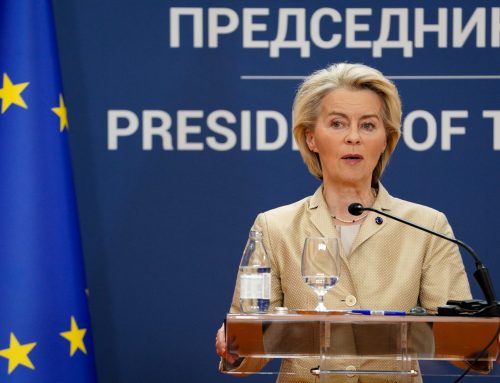Greece economy is beginning to stabilise and is poised for a gradual resumption of growth, both authorities and staff teams from the European Commission (EC), European Central Bank (ECB) and International Monetary Fund (IMF) agreed as they have concluded their review mission in the country.
Prices are adjusting and inflation remains well below the euro area average, the mission said in a statement.
“Fiscal performance is on track to meet program targets. We believe that the 2014 fiscal targets will also be met, taking into account the measures being implemented and planned,” the mission said.
According to the conclusions of the teams, Greek authorities are making progress on structural reforms to improve the growth potential and flexibility of the economy and help create a fairer and more supportive environment for investment, growth, and job creation.
“Notwithstanding delays, progress is also being made in reforms of the public administration, which should reduce the burden of red tape and improve the quality of public services to the Greek people,” the mission said.
Alongside these structural reforms, the authorities are continuing their efforts to strengthen the social safety net to cushion the impact of the economic downturn.
“Notably, programmes to hire youth and unemployed workers under programmes financed by EU structural funds will be expanded, and a minimum income guarantee programme is being launched on a pilot basis in two municipalities with the aim of rolling it out on a phased-in national basis in 2015,” the mission said.
The authorities are committed to taking all necessary actions to ensure that banks remain healthy and adequately capitalised and are in a position to support the economic recovery, it added.
However, according to the assessment of the mission teams, there are upside risks to the capital needs estimates, in particular if the authorities and banks do not urgently and efficiently address the high level of non-performing loans.
“The Bank of Greece should remain vigilant in its oversight of the banking system and proceed forcefully in requiring banks to quickly work out their large stock of problem assets,” the statement said.
The Eurogroup and the IMF’s Executive Board are expected to consider approval of the review in the coming weeks.



